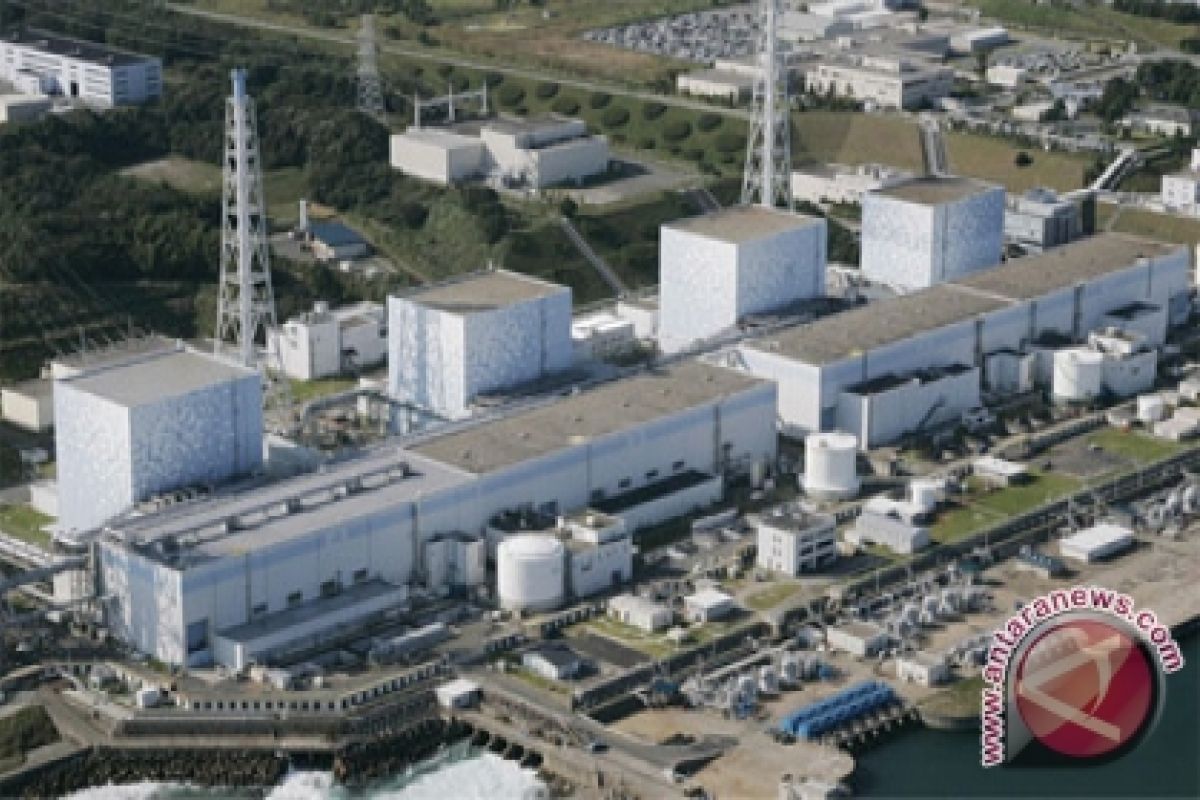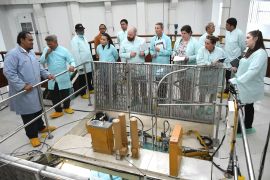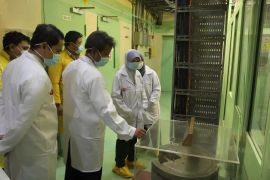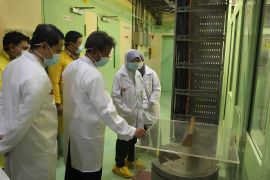Several embassies advised staff and citizens to leave affected areas, tourists cut short vacations and multinational companies either urged staff to leave or said they were considering plans to move outside the city.
In one sign of the panic, Don Quixote, a multistorey, 24-hour general store in Tokyo`s Roppongi district, was sold out of radios, flashlights, candles, fuel cans and sleeping bags on Tuesday as a Reuters reported visited the shop.
Some international journalists covering the disaster from the worst-hit region around the northeastern city of Sendai, devastated by Friday`s mammoth earthquake and tsunami that killed at least 10,000, were pulling out.
The Tokyo office of Michael Page International, a British recruitment agency, was closing for the week. "I am leaving for Singapore tomorrow and will work from our Singapore office," said one employee.
Kyodo News said "minute levels" of radiation have been detected in Tokyo and radiation levels in Saitama, near Tokyo, were 40 times normal levels -- not enough to cause human damage but enough to stoke panic in the bustling, ultra-modern and hyper-efficient metropolis of about 12 million people.
Winds over an earthquake-stricken nuclear power plant in Japan are blowing slowly in a southwesterly direction that includes Tokyo, but will shift westerly later on Tuesday, a weather official said.
The wind is moving at a speed of about two to three metres (7 to 10 ft) per second, said the official with the Japan Meteorological Agency who is based in Fukushima Prefecture, the location of three troubled nuclear reactors.
Earlier, Japan`s prime minister warned that radioactive levels had become high around the nuclear power plant after explosions at two reactors, adding that the risk of more radioactive leakage was rising.
The Japan Meteorological Agency official said wind speeds will increase on Wednesday, blowing south at three to five metres (10 to 16 ft) per second before changing later in the day to blow easterly out to the Pacific Ocean at a faster rate of five to 12 metres (16 to 39 ft) per second.
There have been a total of four explosions at the plant since it was damaged in last Friday`s massive earthquake and tsunami.
The fear at the Fukushima plant is of a major radiation leak after the quake and tsunami knocked out cooling systems.
Jiji news agency said the first explosion on Tuesday damaged the roof and steam was rising from the complex. It also reported some workers had been told to leave the plant -- a development one expert had warned beforehand could signal a worsening stage for the crisis.
The worst nuclear accident since the Chernobyl disaster in Ukraine in 1986 has drawn criticism that authorities were ill-prepared, and revived debate in many countries about the safety of atomic power.
(U.KR-DLN/H-AK)
Editor: Priyambodo RH
Copyright © ANTARA 2011












